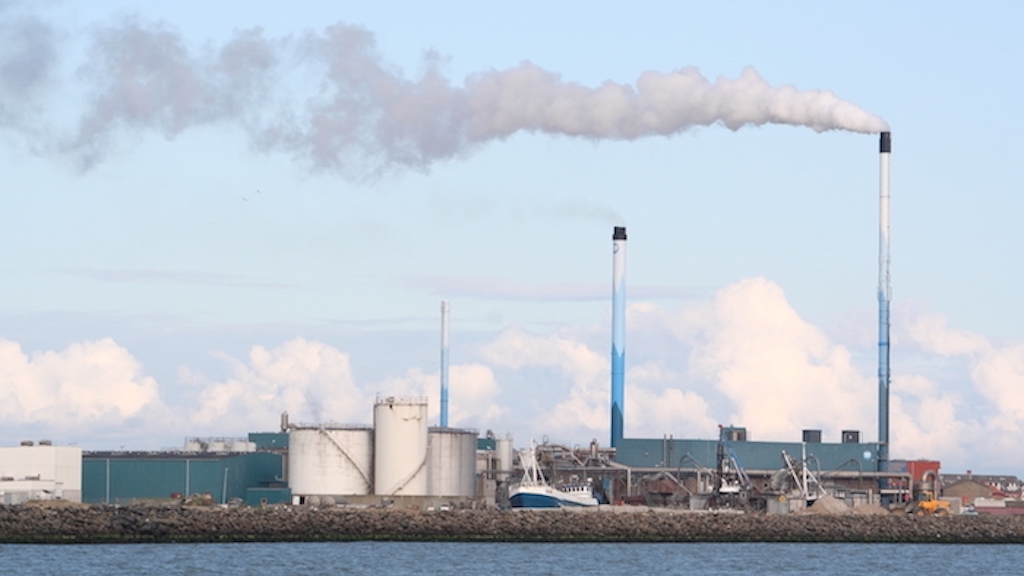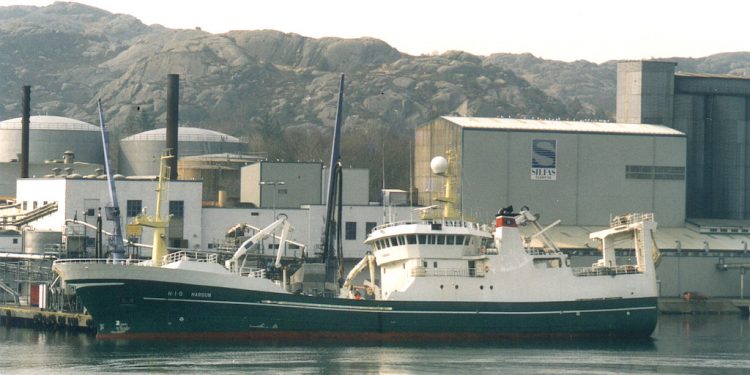Three of the major buyers of products from blue whiting – Skretting, Cargill, and Biomar – are calling on coastal states to not blow it during talks on management of this species. The threaten that if the opportunity is not taken to fix the fishery’s management, the market will go elsewhere.
To highlight their commitments to driving positive, political change, Cargill, Skretting, and Biomar have publicly committed to cease sourcing from the fishery if the Coastal States fail to reach agreement.
Blue whiting wlost its MSC certification in 2020. This triggered a domino effect, and the loss of its MarinTrust certification – a unique certification authenticating the sustainability of marine ingredients, including blue whiting.
According to pressure lobby NAPA, despite this wake-up call, Coastal States continue to engage in overfishing, and the blue whiting stock was fished above sustainable levels yet again, by 30% in 2021 and 47% in 2022. For companies sourcing from this fishery, the lack of political co-operation poses an unacceptable threat to their wider commitments to responsible business practices.

‘The spotlight is on aquaculture to develop sustainably and a key part of that requires sustainably managed feed ingredients. Fisheries around the world are under pressure and we should be able to look to the European Coastal States for leadership on responsible and sustainable management of shared fisheries resources such as Northeast Atlantic blue whiting, mackerel, and herring – especially when the premiers of three of the states are represented in the high level panel for a sustainable ocean economy,’ said Dr Dave Robb, sustainability programme lead at Cargill.
‘Blue whiting has been a key part of the development of a sustainable aquaculture sector in Europe – especially the salmon sector in Norway. But Norwegian fish farmers have already shown that they would not buy fishmeal from blue whiting which is not responsibly managed across the fishery. Now is the time for the governments from the Coastal States to act and show leadership for sustainable fishing.’
Scientific advice for blue whiting was released in October 2022. According to this, strong recruitment to the fishery last year meant that stock numbers have boomed, and are now estimated to be at a historical high. Consequently, scientific advice for the catch in 2023 was 81% higher than in 2022.
According to NAPA, the problem lies with the coastal states, which have been unable to agree in a division of the TAC, instead setting their own allocations in line with their own perceptions of how large their particular share should be. In 2021, the claims added up to 130% of the TAC, and in 2022 these totalled 147%.
‘It’s a demonstration that Coastal States are not taking the wider picture into account. In simple terms, they are taking more slices than the pie has to offer,’ NAPA states.
‘When the MSC certification for blue whiting was withdrawn in 2020, we publicly recorded that we stopped buying material from blue whiting caught after that date. Establishing a Fishery Improvement Program through the North Atlantic Pelagic Advocacy Group provides a highly credible way for regulators, fishing associations, and fishers to engage to find a solution that delivers a long-term solution for sustainable management of shared stocks. We call on all stakeholders to engage actively and sincerely in the progress in line with broader commitments to ocean stewardship as part of a sustainable economy,’ said Cargill’s Dave Robb.
‘If the FIP should fail, we will stop purchasing blue whiting as we, our customers, and stakeholders follow the highest ethical and sustainability standards. It is vital that an agreement on the distribution of quotas can be achieved, and we urge the Coastal States to find a resolution promptly to avoid any potential risks of overfishing and therefore failure of the current FIP.’
According to NAPA project lead Dr Tom Pickerell, if the States continue to take the same size slice of pie, they will continue their overfishing.
‘We have calculated that each State could lower their allocation by 23% to ensure that the sum of all allocations is 100% – or to put it another way, to stop overfishing. Because of the increase in the scientific advice, such a reduction would still actually result in an increase in catch for each State of approximately 12%! It’s a win-win.’
This presents what Tom Pickerell describes as a golden opportunity to advantage of the boom in the stock size, adopting a more ‘precautionary’ approach and opting for a sustainable TAC level – without having to cut their catches.









